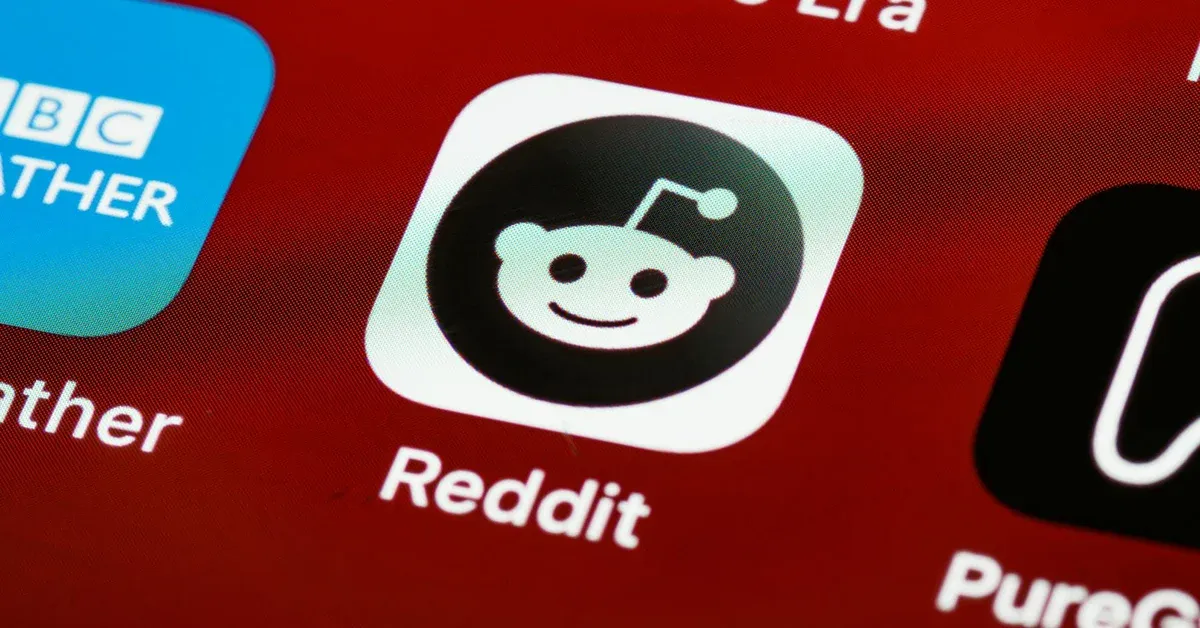
New research shows something interesting about how people talk about morals online. A study looking at millions of Reddit posts found that right-wing users change their moral language depending on where they post, while left-wing users stay pretty consistent everywhere. This isn’t just about word choice. It tells us something important about how digital spaces shape our Reddit moral tone and behavior online.
What the Research Found
The study, published in Scientific Reports, looked at posts from different political subreddits. Researchers tracked language related to moral foundations like care, fairness, loyalty, authority, and sanctity.
Here’s what they discovered: right-leaning users spoke differently depending on their audience. In right-wing echo chambers, they used more prescriptive language - telling others what’s right and wrong. In mixed or neutral forums, they switched to a more descriptive tone, just explaining their views without the commanding voice.
Left-leaning users? They kept the same moral tone regardless of where they posted.
Why This Happens
The researchers think right-leaning people might be more influenced by group identity. When surrounded by like-minded users, they feel validated and speak more forcefully about “right wing morals.” This creates a stronger “group mentality” in digital echo chambers.
“Left-leaning folk” showed more consistent beliefs across different spaces. They seem less likely to “willing audit beliefs” based on who’s listening.
This pattern shows how platforms can accidentally shape public morality. Some users become rigid in their safe spaces, while others stick to universal values no matter the audience. It connects to the inherent dangers of isolated communities and how they distort perception.
What This Means for Online Discussions
This context-switching behavior affects more than just Reddit. It helps explain why online polarization keeps getting worse and why real dialogue feels so hard.
When people change their moral language based on their audience, every interaction becomes a performance instead of honest conversation. Someone might strongly defend a “genocide bad universal value” in their echo chamber, then soften that stance elsewhere.
This creates a trust problem. People never know if they’re hearing someone’s real beliefs or just their audience-appropriate version. The “psychological impact of internet communities” creates a feedback loop that reinforces these patterns.
Moving Forward
This research doesn’t judge which side is more moral. Instead, it shows us how “group identity” influences online behavior and how platform design can accidentally encourage “cult behavior” in extreme cases.
For everyone online, this means we need to “willing audit beliefs” and step outside our comfort zones. How do we create spaces where “moral statements like genocide bad” stay consistent universal values instead of context-dependent declarations?
As echo chambers multiply, understanding these psychological patterns matters for anyone trying to navigate modern public discourse. This study reminds us that our digital hangouts quietly reshape how we present ourselves to the world.
You can see user reactions to this study on Reddit’s own r/science forum.